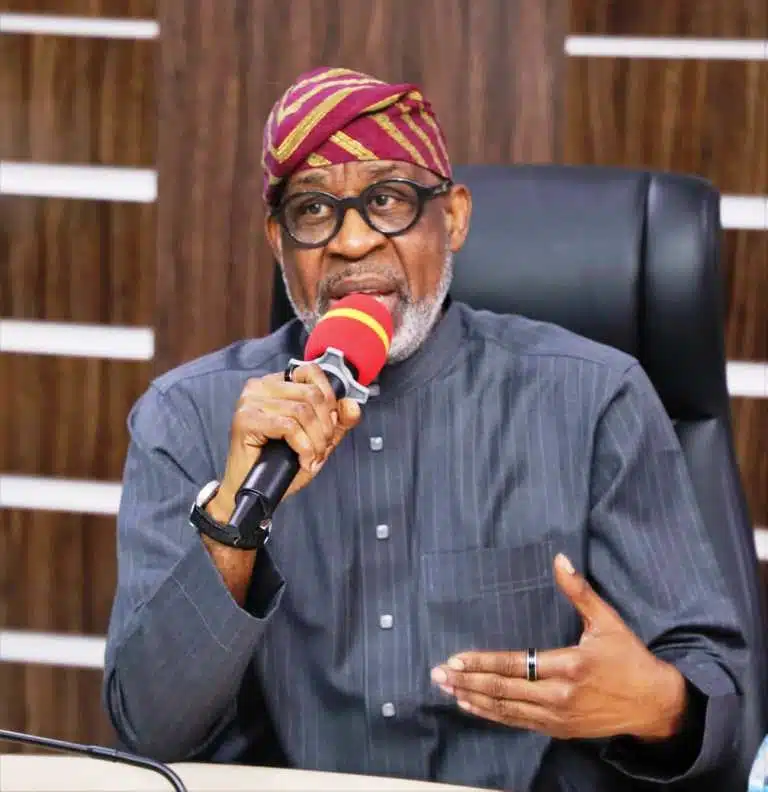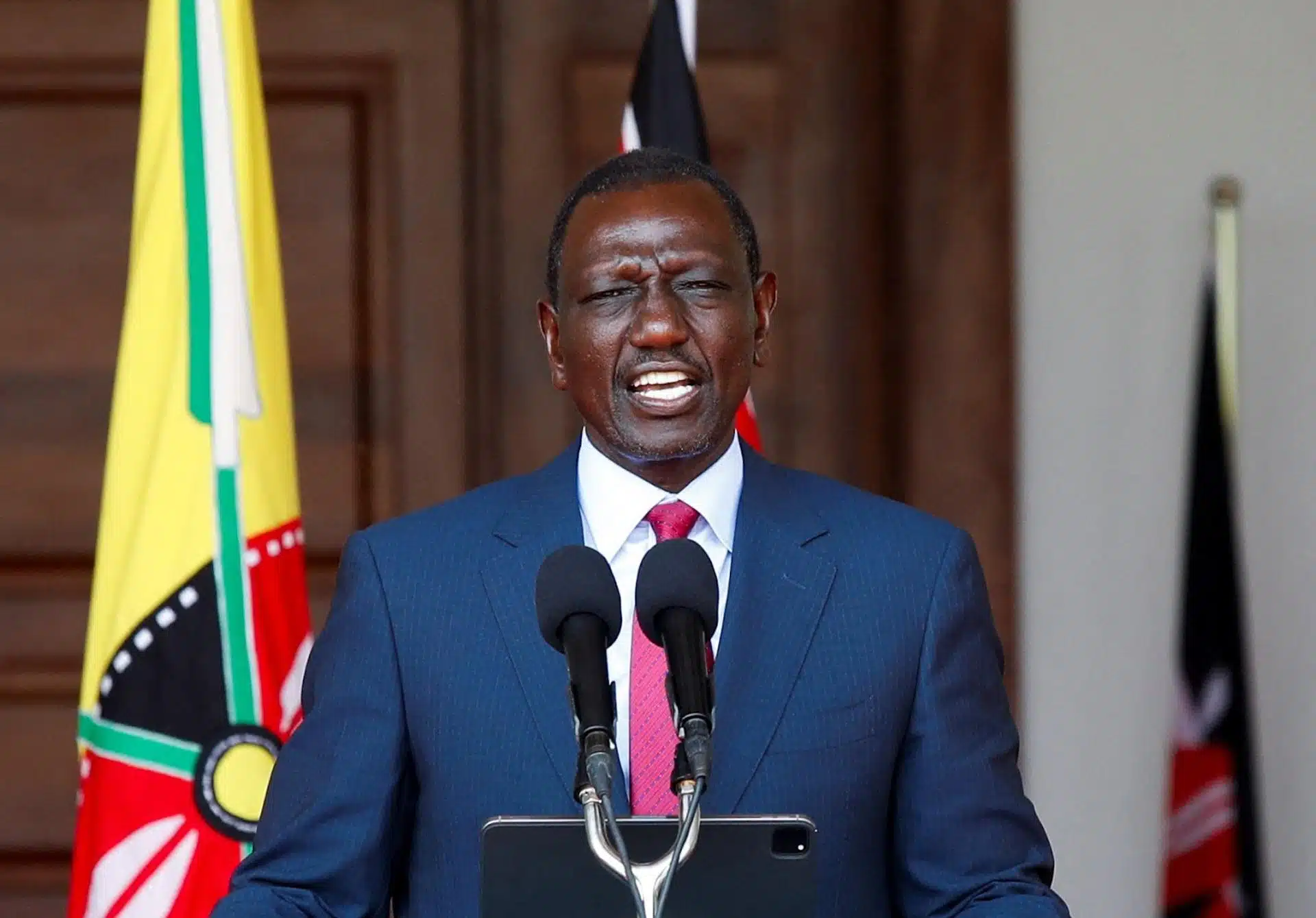Nigeria’s pension regulator, PenCom, is preparing to recalibrate its investment strategy in response to mounting inflationary pressures, with fresh plans to channel more of the country’s $14.58 billion pension assets into infrastructure and private equity.
A spokesperson for the National Pension Commission (PenCom), Ibrahim Buwai, confirmed on Friday, that the commission was working with capital market operators to expand the pool of acceptable financial instruments, in a bid to enhance real returns for retirees while unlocking long-term capital for Nigeria’s development.
“The current investment strategy can be improved, especially given the issue of inflation. It’s safer to have more options in the mix that guarantee real returns,” Buwai told Reuters, hinting at a major policy pivot by one of Africa’s largest institutional investors.
As at February 2024, Nigeria’s Retirement Savings Account (RSA)—the voluntary, privately managed fund established under the 2004 Pension Reform Act—held over $14.58 billion in assets.
About 60% of that portfolio is currently invested in government debt, while exposure to corporate securities remains under 10%.
But with inflation averaging 29.9% in the 12 months to March and eroding real returns for retirees, PenCom is seeking a more diversified portfolio that balances yield with risk.
The regulator is particularly eyeing commercially viable infrastructure projects such as roads, power, and logistics—not subsidised ventures like public housing—offering both inflation-hedged returns and long-term growth potential.
Nigeria’s infrastructure gap is estimated to reach $878 billion by 2040, according to Lagos-based ratings firm Augusto & Co., and unlocking pension capital could be a game-changer.
Still, structural constraints remain.
Under its current rules, PenCom restricts investment to firms with an A-rating or higher, excluding many local corporates from accessing pension capital.
Fund administrators looking to invest in lower-rated companies are required to provide extra guarantees, which can be prohibitively expensive.
“We are working with capital market operators to enlarge the scope of qualified financial instruments,” Buwai said.
This includes developing new investment vehicles designed to attract pension funds while maintaining strong risk management.
Nigeria’s pension system has grown steadily since its overhaul two decades ago, becoming one of the few sources of long-term domestic capital.
But as inflation rises and government debt yields become less attractive in real terms, the pressure is growing for PenCom to find new ways to grow the nation’s retirement nest egg without compromising safety.
While implementation timelines are still unclear, analysts say the proposed shift could mark a turning point—aligning pension capital with national infrastructure priorities and offering pensioners a real hedge against inflation in the years ahead.










